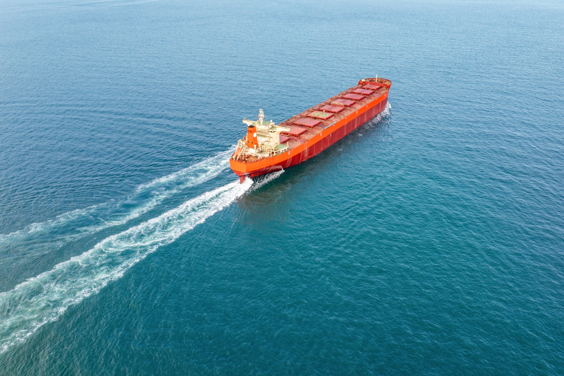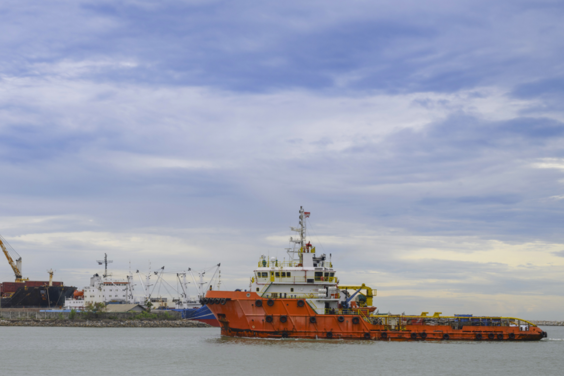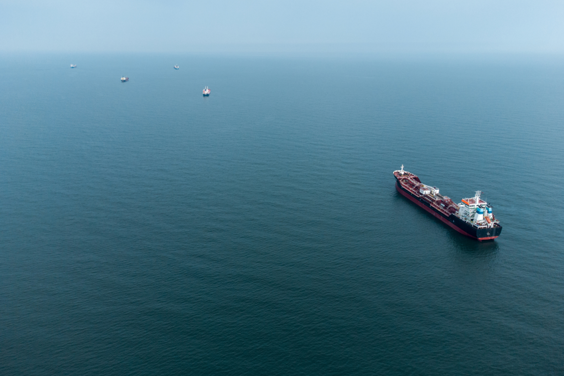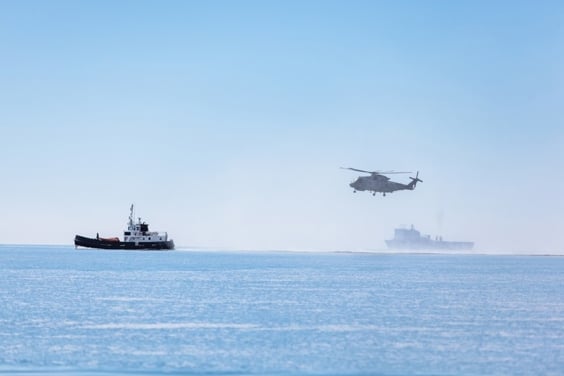Following a recent increase in such incidents on this busy and complex waterway, the Shanghai Maritime Safety Administration (MSA) is highlighting preventive safety measures as these incidents pose significant risks to navigational safety, environmental protection and operational continuity. Such failures will result in expanded Port State Control (PSC) inspections that can lead to costly detentions, penalties, repairs and reputational damage to owners and operators.
Navigational Risks in the Yangzte River Estuary
The Yangtze River Estuary is a high-density traffic zone with complex hydrographic and meteorological conditions. Sudden machinery or electrical failures (e.g. main engine breakdown, steering gear malfunction, power blackout) can lead to:
- Collisions, groundings, or contact incidents
- Blockage of the fairway, disrupting entire shipping schedules
- Environmental pollution from spills or emissions
- Endangerment of crew and vessel integrity
In accordance with the Shanghai MSA Requirements, any vessel experiencing a machinery or electrical failure in the Shanghai region will be subject to an expanded PSC inspection. Key areas for inspection will include:
- Maintenance records of machinery and electrical systems
- Crew competency and familiarity with emergency procedures
- Compliance with the International Safety Management (ISM) Code
- History of deficiencies and corrective actions
Vessels found with unresolved or concealed deficiencies will face detention, leading to:
- Significant financial losses (e.g. demurrage, repair costs, PSC fines)
- Reputational damage to owners and operators
- Potential suspension of the Document of Compliance/Safety Management Certificate
Preventive measures for ship operators
To help avoid incidents and subsequent PSC actions, all stakeholders must:
a. Pre-departure and Pre-entry Checks
Conduct thorough tests of all critical machinery and electrical systems before departure from ports or repair yards, including:
- Main engine and auxiliary engines
- Steering gear and rudder control systems
- Power generation and distribution systems
- Emergency generators and backup power sources
- Bilge and ballast systems
- Firefighting and emergency shutdown systems
b. Critical Operational Procedures
Ensure crew strictly adhere to established procedures during high-risk operations, such as:
- Fuel oil changeover (e.g. from HFO to LSMGO)
- Parallel operation of generators
- Engagement of high-power consumers (e.g. bow thrusters, cargo pumps)
- Ballast/de-ballasting operations
- Emergency drill simulations (e.g. blackout recovery, bridge resource management)
c. Maintenance and Training
- Implement proactive maintenance plans aligned with manufacturer’s guidelines
- Conduct regular training and drills on emergency response and machinery handling
- All engineers are familiar with PMS (Planned Maintenance System) and trouble-shooting protocols
Mandatory reporting of deficiencies
Any existing or emerging machinery or electrical defects must be reported immediately to:
- Relevant Port State Control authorities (Shanghai MSA)
- Flag State Administration
- Recognised Classification Society
Concealment of defects will be considered by Shanghai MSA to be a violation of SOLAS, MARPOL and the ISM Code. This will result in strict penalties, including vessel detention and legal action.
Immediate actions for shipowners and operators
The Shanghai MSA had emphasised a zero-tolerance approach towards negligence in machinery and electrical system management. All vessel operators are urged to:
- Reinforce safety cultures on board and ashore
- Prioritise pre-voyage planning and system verification
- Foster transparent reporting and continuous improvement.
LR can provide support in preparation of the ship for PSC inspections through inspection, training and resources such as the LR and UK P&I Club pocket checklist mobile app.
For further information
If you would like more details or need support with these requirements, please contact tss-class@lr.org.









